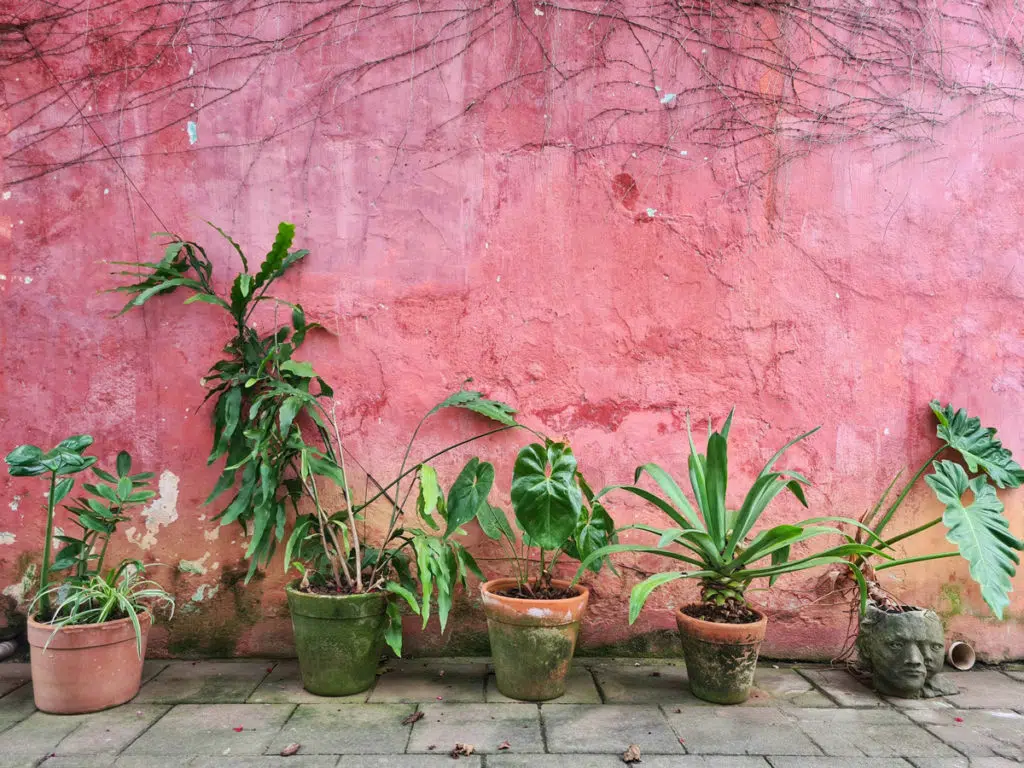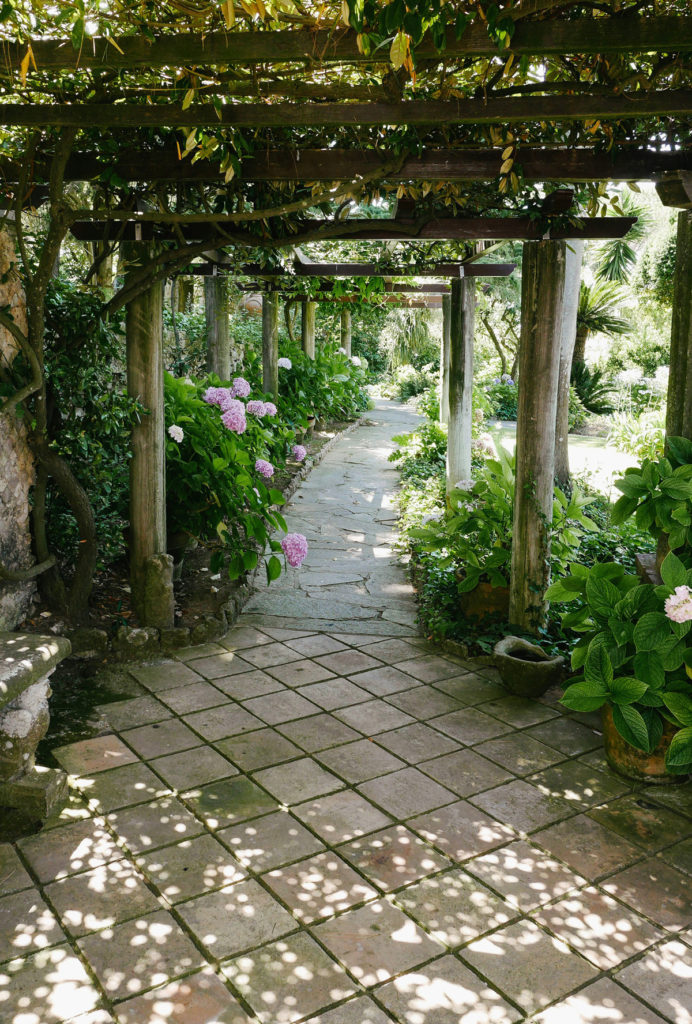
Garden walls are multi-purpose; they provide privacy and security and improve the appearance of your outdoor space (when done right!). One of the most crucial decisions you’ll make when designing or renovating your garden is choosing the correct cladding for your garden walls. With various materials available, each offering distinct advantages and drawbacks, making an informed choice can feel overwhelming. Below, we will list the pros of each option to help you decide.
Understanding Cladding
Cladding is the outer layer (or skin) laid over another material. In the context of garden walls, cladding enhances the visual appeal. It offers protection against the elements, improving the wall’s durability and performance.
Types of Cladding Materials
1. Brick Cladding
Pros:
– Durability: Brick is known for its longevity and can withstand harsh weather conditions.
– Aesthetic Appeal: It offers a classic, timeless look that can complement various garden styles.
– Low Maintenance: Brick cladding requires minimal maintenance once installed.
2. Stone Cladding
Pros:
– Natural Beauty: Stone provides a natural, rustic charm that blends seamlessly with garden landscapes.
– Durability: Like brick, stone is highly durable and weather-resistant.
– Variety: Available in various colours, shapes, and textures, stone cladding can be customized to your taste.
3. Timber Cladding
Pros:
– Warmth and Character: Timber offers a warm, natural look that enhances the garden’s ambience.
– Sustainability: When sourced from certified suppliers, timber is an environmentally friendly option.
– Ease of Installation: Timber cladding is easy to install, even for DIY enthusiasts.
4. Vinyl Cladding
Pros:
– Cost-Effective: Vinyl is one of the cheapest cladding options.
– Low Maintenance: Minimal upkeep required, and it’s resistant to pests and moisture.
– Versatility: Available in various colours and styles. While there is no substitute for the real thing, vinyl can be used to create the appearance of wood or stone.
5. Metal Cladding
Pros:
– Modern Look: Metal provides a sleek, contemporary aesthetic.
– Durability: It is resistant to weather, fire, and pests.
– Low Maintenance: Metal cladding requires little maintenance and can last decades.
6. Composite Cladding
Pros:
– Durability: Composite cladding, Made from wood fibres and plastic, is highly durable and resistant to rot and insects.
– Low Maintenance: It doesn’t require the same level of upkeep as natural wood.
– Variety: Available in various colours and finishes.
Factors to Consider When Choosing Cladding
1. Budget
While it can be tempting to choose a low-priced option, consider the long-term costs, including maintenance and durability. Sometimes, investing more upfront can save money in the long run (and get you better results!).
2. Aesthetic Appeal
Consider the overall look you want to achieve in your garden. Traditional gardens benefit from the classic appeal of brick, stone or timber. At the same time, contemporary designs are better suited to metal or composite cladding, along with wood.
3. Environmental Impact
If sustainability is a priority, eco-friendly options like FSC-certified timber from Panelling Direct are a perfect choice. Consider the materials’ lifespan and recyclability as well.
Installation Tips
Proper installation ensures longevity and performance regardless of the material you choose. Here are a few general tips:
– Prepare the Surface: Ensure the wall is dry, clean, and structurally sound before applying.
– Use Quality Adhesives and Fasteners: Invest in high-quality materials to secure it, preventing future issues.
– Follow Manufacturer Instructions: Each type has specific installation guidelines. Adhere to these to avoid problems later.
– Consider Professional Help: While DIY is possible for some materials, professional installation can guarantee a better finish and longer-lasting results.

Garden Wall Cladding: Summary
Choosing the perfect cladding for your garden walls involves balancing aesthetics, budget, maintenance, and environmental considerations. Whether you opt for the timeless appeal of brick, the rustic charm of stone, the warmth of timber, the affordability of vinyl, the sleekness of metal, or the durability of composite, each material has unique advantages. By understanding the benefits of each option and your needs, you can make a choice that boosts the beauty and functionality of your garden for years to come.










